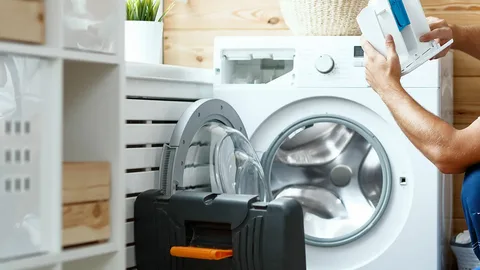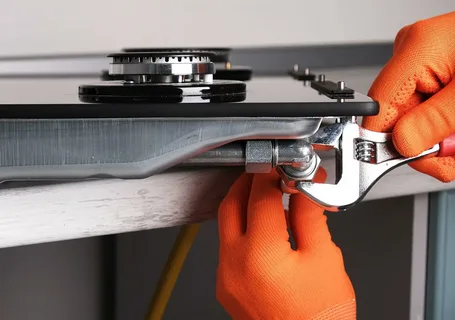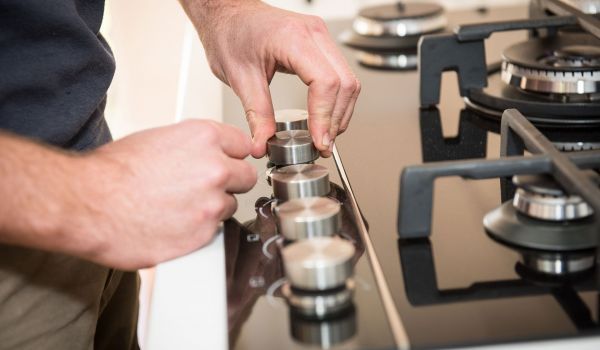Get expert tips on how to maintain and repair your stove easily. Keep your stove working safely and efficiently with our helpful advice.
Stoves are an essential appliance in any kitchen, making meal preparation quick and convenient. However, like any piece of equipment, they require regular maintenance and sometimes repair. To ensure your stove remains in optimal working condition, it’s crucial to follow expert advice on upkeep and addressing common issues. Here are some top tips from stove repair professionals to help you keep your stove running smoothly and efficiently.
1. Regular Cleaning
One of the simplest yet most effective maintenance tasks is regular cleaning. Food spills and grease build-up can cause your stove to function less efficiently and even become a fire hazard. Make it a habit to clean your stove after each use, paying special attention to the burners and control knobs. For tougher stains, use a mixture of baking soda and water to gently scrub the surfaces.
2. Inspect Burners and Heating Elements
Gas and electric stoves have different components that require attention. For gas stoves, ensure the burners are clean and free of debris. Clogged burners can lead to uneven heating or no flame at all. For electric stoves, check the heating elements for any signs of wear and tear. If an element isn’t heating properly, it may need to be replaced.
3. Check the Igniter and Pilot Light
If your gas stove isn’t lighting properly, the igniter or pilot light could be the culprit. Clean the igniter with a toothbrush to remove any grime that might be affecting its performance. For pilot lights, make sure they are burning a steady blue flame. A yellow or flickering flame could indicate an issue that needs professional attention.

4. Test the Thermostat
The thermostat is crucial for maintaining accurate temperatures in your oven. If you notice that your food is consistently undercooked or overcooked, the thermostat might be malfunctioning. You can test it with an oven thermometer to compare the actual temperature to the set temperature. If there’s a significant discrepancy, it might be time to replace the thermostat.
5. Inspect Electrical Connections
Loose or frayed electrical connections can pose a serious safety risk and affect your stove’s performance. Regularly check the power cord and connections for any signs of damage. If you’re not comfortable doing this yourself, it’s best to hire a professional to inspect and repair any electrical issues.
6. Replace Worn Out Parts
Over time, certain parts of your stove may wear out and need replacement. This includes knobs, dials, and seals around the oven door. Replacing these parts as needed can prevent bigger problems down the line and ensure your stove operates efficiently.
7. Keep Vents Clear
Stoves need proper ventilation to function safely and efficiently. Make sure that the vents on your stove are not blocked by pots, pans, or other kitchen items. Additionally, ensure that any external vents are clear of obstructions such as dust or grease build-up.
8. Schedule Professional Maintenance
Even with diligent DIY maintenance, it’s beneficial to schedule regular professional checkups. A qualified technician can thoroughly inspect your stove, perform any necessary repairs, and offer expert advice on maintaining your specific model.
9. Know When to Call a Professional
While many stove issues can be handled with a bit of DIY effort, some problems require professional intervention. If you’re dealing with gas leaks, major electrical issues, or significant component failures, don’t hesitate to call a certified stove repair technician. Safety should always be your top priority.
Conclusion
Maintaining and repairing your stove doesn’t have to be daunting. By following these expert tips, you can keep your stove in top condition, ensuring it serves you well for years to come. Regular cleaning, timely inspections, and knowing when to seek professional help are key to extending the life of your stove and maintaining a safe kitchen environment. Happy cooking!





